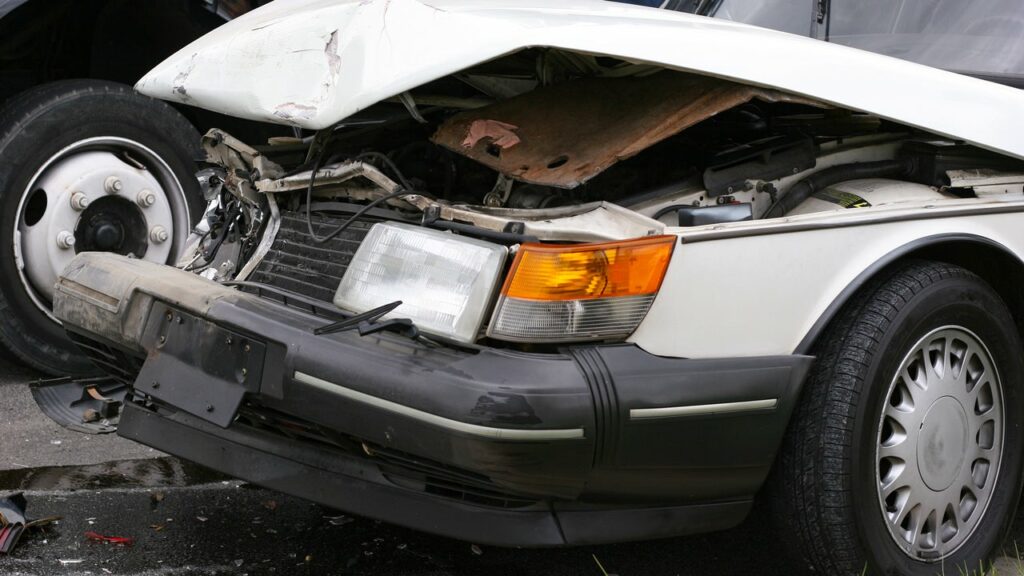A vehicle is a huge investment, and many people rely on their vehicles for transportation. However, accidents and other incidents can cause damage to vehicles. These damages can make the vehicle less valuable and even unusable. Selling a damaged vehicle can be a challenging task, but it is possible to find the right buyer and get a fair price for your vehicle.
There is much Cash for Car removal that can buy your vehicle in any condition. You need to search for the best vehicle-buying company and make money from this vehicle. In this discussion, you will get to know the detail about selling your old damaged vehicle easily. Let’s discuss the details:
Can We Sell Damaged Vehicles?
The short answer is yes, you can sell a damaged vehicle. However, the value of a damaged vehicle is significantly lower than that of a non-damaged vehicle. The amount you can get for a damaged vehicle depends on the extent of the damage, the age of the vehicle, and the make and model of the vehicle. When you sell your damaged vehicle to any junkyard, they will offer you an amount according to your vehicle parts and their working condition. They will also pay you for your non-working parts.
Who is the Right Buyer for a Damaged Vehicle?
Finding the right buyer for a damaged vehicle can be a challenge. Not all car buyers are interested in purchasing damaged vehicles. However, several types of buyers may be interested in purchasing your damaged vehicle. Here are some types of buyers for your damaged vehicle:
· Salvage Yards
Salvage yards specialize in buying damaged vehicles for parts. They dismantle the vehicle and sell the individual parts to people who need them. Salvage yards typically pay less for a damaged vehicle than other buyers, but they are still a viable option.
· Scrap Yards
Scrap yards purchase damaged vehicles to recycle the metal. They are also known as Cash Wrecker Removal companies. They crush the vehicle and sell the scrap metal to recycling companies. Scrap yards typically pay less for a damaged vehicle than salvage yards.
· Private Buyers
Private buyers may be interested in purchasing a damaged vehicle if they are knowledgeable about car repairs. Private buyers may be willing to purchase a damaged vehicle at a lower price and repair it themselves.
· Dealerships
Dealerships may be interested in purchasing a damaged vehicle if it is a popular make and model. They may be able to repair the vehicle and sell it for a profit. However, dealerships typically pay less for a damaged vehicle than other buyers.
How to Sell a Damaged Vehicle
Selling a damaged vehicle requires a different approach than selling a non-damaged vehicle. You need to get ready for your vehicle to sell for a handsome amount.
Here are the steps to follow when selling a damaged vehicle.
· Determine the Extent of the Damage
Before selling a damaged vehicle, you need to determine the extent of the damage. Take the vehicle to a mechanic and have them assess the damage. Once you know the extent of the damage, you can determine the value of the vehicle.
· Determine the Value of the Vehicle
The value of a damaged vehicle depends on the extent of the damage, the age of the vehicle, and the make and model of the vehicle. However, keep in mind that the value of a damaged vehicle will be lower than the value of a non-damaged vehicle.
· Decide on a Selling Price
Once you know the value of the vehicle, you need to decide on a selling price. Be realistic when setting the price, and keep in mind that you may need to negotiate with potential buyers.
· Advertise the Vehicle
Advertise the vehicle in places where potential buyers are likely to see it. This can include online classifieds, social media, and local newspapers. Be sure to include detailed information about the vehicle, including the extent of the damage, the vehicle’s age, and the vehicle’s make and model.
· Respond to Inquiries
Be prepared to respond to inquiries from potential buyers. Answer their questions honestly and provide additional information if necessary. In this way, you can build trust and make your selling process easy.
You may also like
-
Demystifying Insurance Transfer: A Step-by-Step Guide to Navigating the Car Selling Process
-
Early Warning Signs You May Want To Replace Your Brakes
-
Rent a Car Dubai: Your Ultimate Guide to Hassle-Free Rentals
-
A Comprehensive Guide to Buying a Tesla in Canada: 7 Things to Consider
-
Ather 450X: Your Gateway to Electric Luxury on Two Wheels

